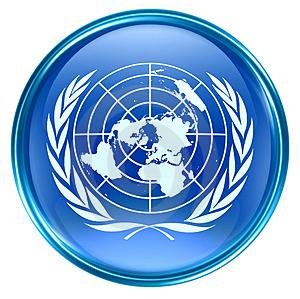The UN General Assembly moved Thursday to hold a special session focused on international coordination to the coronavirus pandemic from December 3-4 in New York.
Discussed since June, the meeting is intended to bring together heads of state and government according to a resolution adopted by 150 of the 193 General Assembly members.
No country voted against the measure, while the US, Israel and Armenia abstained.
UN Secretary-General Antonio Guterres hoped the session would be “an opportunity for member states to move forward together,” his spokesman Stephane Dujarric said.
Guterres had “expressed a bit of frustration over the lack of coordinated approach to fighting the pandemic, whether it was initially on closures, whether it was on the vaccine, or whether its on long term development challenges,” Dujarric added.
Leaders will be able to submit five-minute pre-recorded statements to be broadcast in the General Assembly Hall.
The clips will be played after short introductions from representatives physically present in the room, according to the resolution — a format similar to that of the annual General Assembly meeting in September.
In-person appearances by world leaders are unlikely, given New York state’s required 14-day quarantine period for international visitors.
The United States has already indicated it is opposed to an expanded role for the World Health Organization in fighting the pandemic, a stance facing major Russia pushback.
Germany, meanwhile, criticized the resolution as too vague, while Britain called for representation from non-governmental organizations and other civil society groups.
The 193 UN member nations have adopted four resolutions on the pandemic so far this year — on global solidarity, global access to medications and vaccines, coordination of global action, and a united response to worldwide health threats.
The Security Council on the other hand, which has had to navigate Chinese-American tensions over the virus, has only adopted one resolution on the pandemic, calling for the cessation of global conflicts in the interest of fighting Covid-19.




